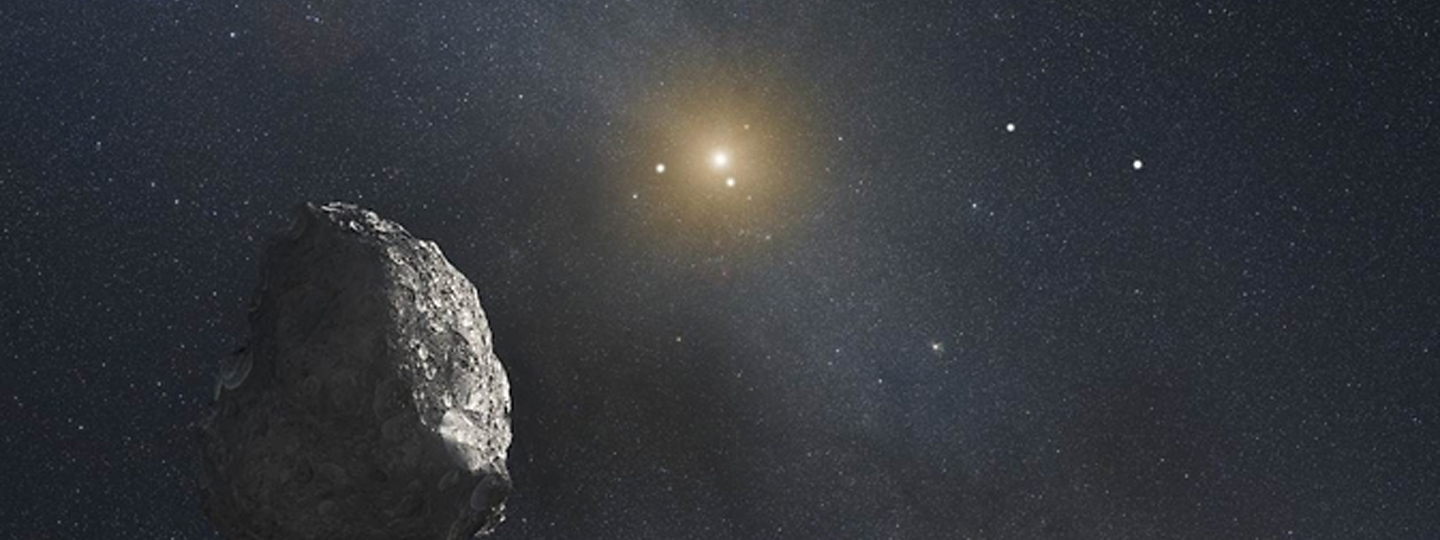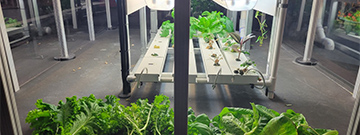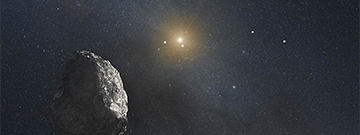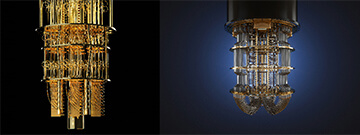
Photo Credit: NASA, ESA, and G. Bacon (STScI)
Hidden Gems of Our Solar System
In our solar system, the eight planets—Mercury, Venus, Earth, Mars, Jupiter, Saturn, Uranus, and Neptune—are talked about more than anything. While the planets often grab our attention, there’s a whole world within our solar system that’s equally intriguing, though less talked about.
Past Neptune, there’s a place called the Kuiper Belt. It’s filled with icy masses, small planets, and leftovers from when our solar system was forming. In this cosmic collection, we’ve got Pluto, Haumea, Makemake, and Eris. These icy leftovers in the Kuiper Belt give us a glimpse into how our cosmic neighborhood started. Pluto used to be called the ninth planet, but now it’s a dwarf planet. This shows us that our solar system is way more diverse than just its planets.
Even farther out, there’s the Oort Cloud—a massive area suspected to be thousands of times farther from the Sun than Earth. It’s a place where icy masses gather, possibly coming from the far edges of our solar system. This is where comets hang out—the ones we see with long tails in our skies. The Oort Cloud is a bit mysterious because we can’t see it, but the long-period comets that come from there give us hints about our cosmic past.
Lastly, there are special asteroids called Trojan asteroids. They’re buddies of big planets like Jupiter, sitting in spots where gravity keeps them in line. They share the planets’ orbits and help us understand how gravity works in our solar system. These asteroids are like history books from space, telling us stories about how our solar system got started. They show us that there are stable areas in space, helping us learn more about how things move around.
Discovering these hidden parts of our solar system keeps us curious. Each new thing we find makes us want to know more, inspiring us to keep exploring and understanding the vast universe around us. Delving into these lesser-known corners of our solar system fuels our curiosity. Each new revelation adds depth to our inquiries, pushing us to explore further and understand the vast expanse of the universe around us.
Source:
“A Meeting with the Universe.” ![]() NASA. Accessed 2 Dec. 2023.
NASA. Accessed 2 Dec. 2023.
Thompson, Andrea. “The Weirdest Object in the Solar System?” ![]() Space.Com, Space, 22 June 2009.
Space.Com, Space, 22 June 2009.
Scientific Peer Review by Alysia Mandato

On April 8, 2024, we will witness a mesmerizing event. A total solar eclipse is upon us, and here at the Science Center, we can explore this celestial phenomenon in many ways.
But first, what is this event? A ...

Climate change is a big deal. We’ve all seen news stories about greenhouse gas emissions, rising temperatures, and the hole in our ozone layer. However, what tends to sometimes be overlooked is climate change’s ...

In the captivating world of health care, a fascinating transformation is taking place—a rise in Artificial Intelligence, or AI! Picture a world where smart machines team up with doctors to revolutionize medicine, making ...

Hydroponics, a contemporary farming method, redefines how we grow plants, offering a fresh approach to cultivating crops that differs from traditional soil-based farming. This innovative technique doesn’t rely on soil ...

In our solar system, the eight planets—Mercury, Venus, Earth, Mars, Jupiter, Saturn, Uranus, and Neptune—are talked about more than anything. While the ...

Quantum computers are on the forefront of technological advancement. These machines, unlike any traditional computers you’re familiar with, harness the ...


